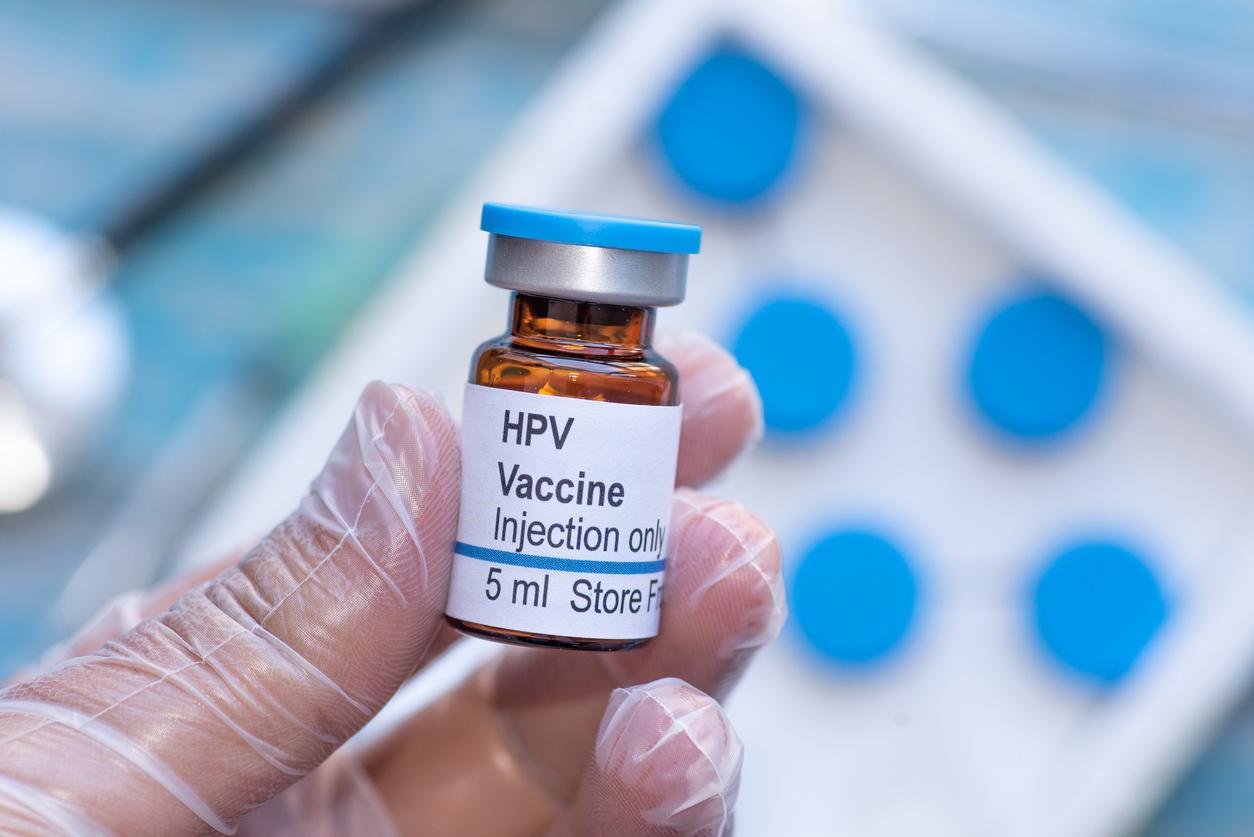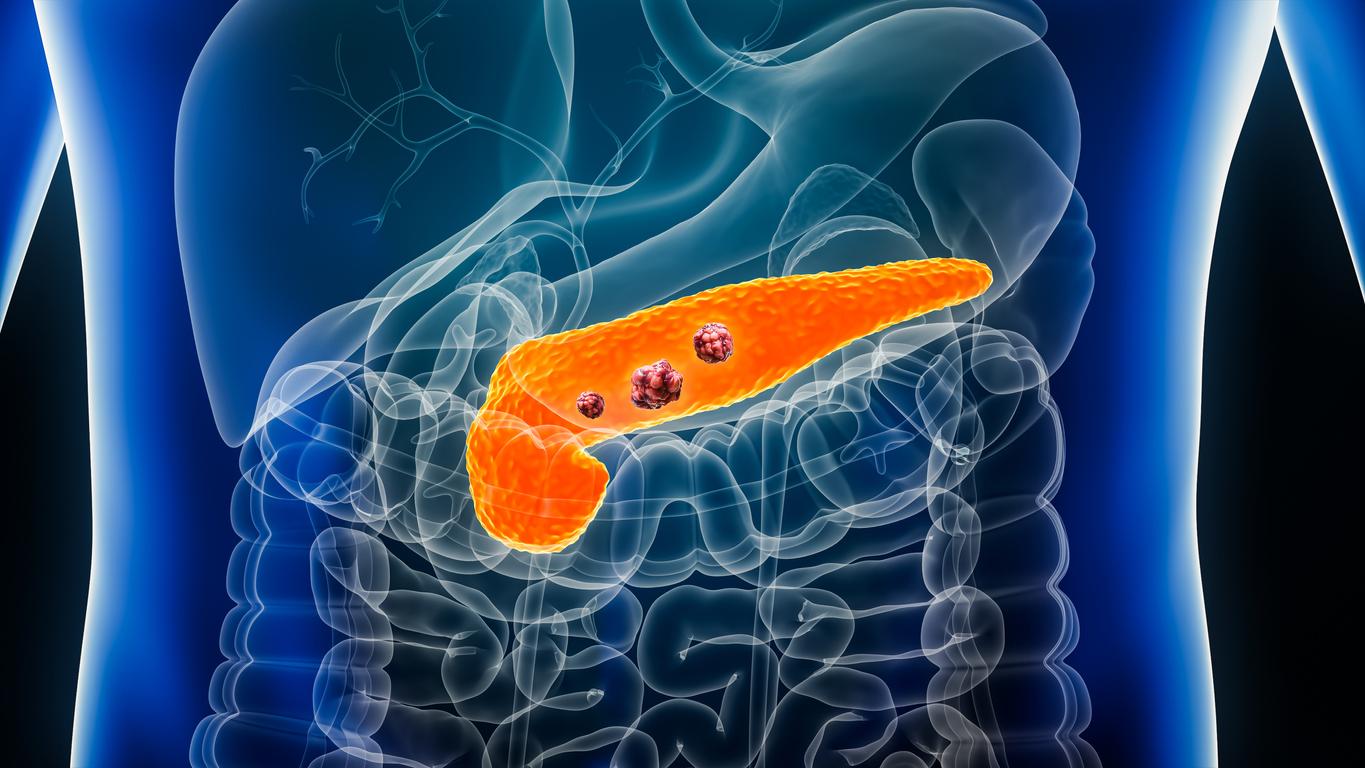Researchers have developed an mRNA vaccine against pancreatic cancer, which has shown encouraging results in an early phase of clinical trials.

- Researchers have developed an mRNA vaccine against pancreatic cancer.
- Each vaccine is personalized to the patient. For this, proteins are taken from the tissues of the tumor.
- The results of the first phase of clinical trials are promising according to the team. However, further research and testing is needed before considering marketing.
Pancreatic cancer is one of the most serious and difficult to treat cancers. The work of Memorial Sloan Kettering Cancer Center researchers offers new hope for improving survival rates in this disease. The vaccine, based on messenger RNA (mRNA) technology, has shown encouraging results in the first phase of clinical trials.
Pancreatic cancer: a personalized mRNA vaccine for each patient
This pancreatic cancer vaccine is tailor-made for each patient. It is made using proteins taken from the patient’s malignant tumor. These, called neo-antigens, serve to alert the immune system that cancer cells are foreign.
In the first phase of clinical trials, eight out of sixteen patients showed a positive immune response after the injection. Product-activated T cells were able to recognize the tumor. In addition, the data show that the immune responses were effective and long-lasting, delaying the recurrence of cancer in these patients.
“These exciting results indicate that we may be able to use vaccines as therapy for pancreatic cancer”assures Dr. Balachandran, doctor-researcher and author of the study in a communicated. “The evidence supports our strategy to tailor each vaccine to each patient’s tumor.”

mRNA vaccine: a personalized therapy to treat other cancers
The results of this preliminary study published in the journal Nature on May 10, 2023, suggest that personalized mRNA vaccines could be used to treat other cancers. The Memorial Sloan Kettering Cancer Center team plans to continue its research on this personalized therapy. It intends to evaluate its action on pancreatic cancer but also on other types of malignant tumours.
If the new vaccine treatment proves effective in subsequent trials, it could pave the way for new personalized care options for cancer patients.

















